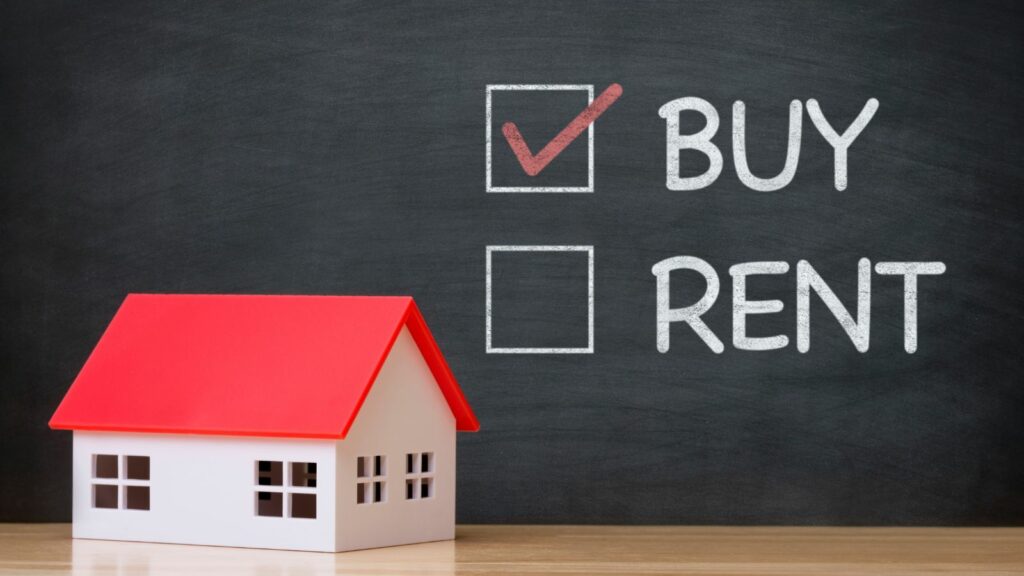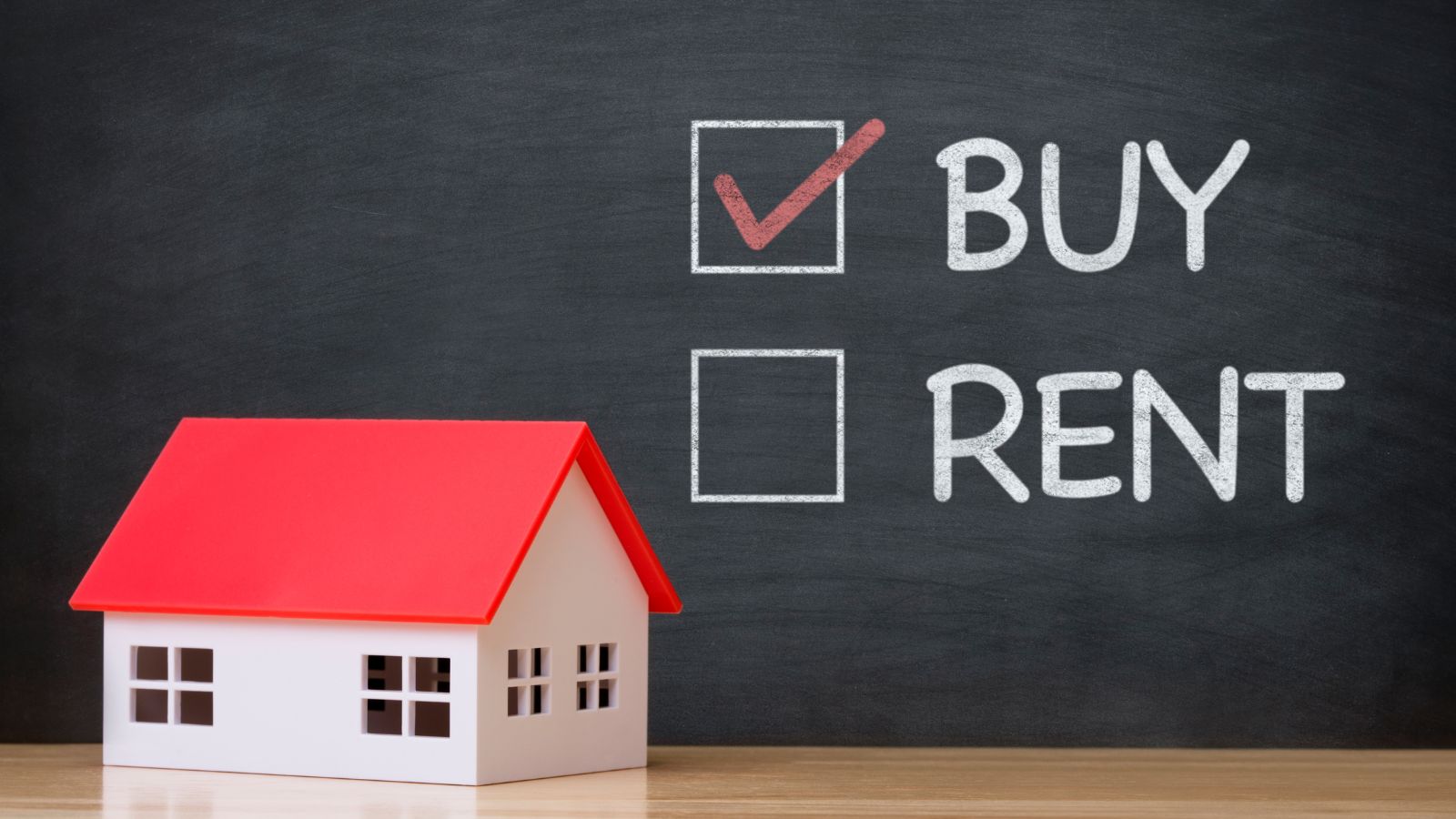If you’re considering purchasing the home you are currently renting, this decision can be exciting and nerve-wracking, as it involves careful consideration and planning. Here are a few things to consider before embarking on the journey of purchasing the house you’re renting.

Talk with Your Landlord
If you’re considering purchasing the home you’re currently renting, the first step is to talk with your landlord about their intentions for the property. One approach is to start by expressing your satisfaction with the property and your interest in staying long-term. You could then ask if the landlord has any plans to sell the property in the future, which can ease into the conversation and open the door to discussing the possibility of purchasing the property from them. Another approach is to be more direct and simply ask if the landlord would be willing to sell the property to you. Being direct can be a bit more challenging, but it can also be the most efficient way to get a clear answer about their intentions.
There is no definitive answer on whether to approach your landlord verbally or in writing when asking about purchasing the house you’re renting. It ultimately depends on your relationship with your landlord and what feels most comfortable for you. However, there are some potential benefits to putting your request in writing.
For example, a written request can serve as a formal record of your interest in buying the property. It also helps ensure that both you and your landlord are clear on the details of the potential sale, such as the terms of the purchase and the timeline for completing the transaction.
If you do decide to approach your landlord in writing, consider sending a polite, professional letter that outlines your interest in buying the property and invites your landlord to discuss the matter further with you.
If you have a good relationship with your landlord and feel comfortable discussing the matter in person, a verbal request can also be effective. It allows for a more personal touch and may lead to a more productive conversation. If you do decide to approach your landlord verbally, consider scheduling a meeting in advance and coming prepared with information about your finances and your plans for the property.
Determining Fair Market Value
When determining the current fair market value of a house you’re currently renting but would like to buy, there are several methods you can use. One common practice is to compare the price of the house you’re interested in with the costs of similar homes in the area that have recently sold or are currently on the market. Comparing property values can be done by looking at recent sales data, which can be obtained from a real estate agent or by doing your own research.
Another method is to assess the home’s overall condition and curb appeal to determine its value. You can also consider the cost or selling price of the house if it has been recently bought or sold. Another way to determine fair market value is to calculate the rental value of the property, as this can provide insight into the home’s value.
It’s important to note that fair market value is the amount an asset, such as a house, would sell for on the open market when certain conditions are met. These conditions include that the parties involved are aware of all the facts and are acting in their own best interests. As such, it may be beneficial to seek the advice of a professional appraiser or real estate agent to help determine the fair market value of the house you’re interested in buying.
Preparing Finances and Securing Funding
To qualify for a home mortgage loan, you’ll need a good to excellent credit score. Lenders impose their own credit score requirements, but a score of 620 or higher is generally considered good. However, to get the best interest rates and terms, you’ll need a credit score of at least 700 or higher. In addition to your credit score, home mortgage lenders will consider your credit history, including factors like your payment history, length of credit history, and types of credit accounts you have. It’s worth noting that some lenders may have different credit score requirements or may consider additional factors, so it’s important to research and compare lenders to find the best fit for your financial situation.
When purchasing a home, there are several finances that you’ll need to consider. Firstly, you may need to provide an earnest money deposit, which is between 1% to 3% of the home’s purchase price. The down payment is another crucial factor to consider: the amount you’ll need to pay upfront to reduce the amount borrowed from the mortgage lender. A down payment typically ranges from 3% to 20% of the purchase price, depending on your credit history and the mortgage type. Finally, you’ll need to consider the closing costs, which can include various fees such as loan origination fees, appraisal fees, title fees, and more. Closing costs generally range from 2% to 5% of the purchase price. It’s essential to keep in mind that the exact amount you’ll need for each of these expenses can vary depending on various factors, such as the state and real estate market, so it’s best to do your research and consult with a professional before making any decisions.
Conclusion
Buying the house you’re renting can be intelligent, but it requires careful consideration and preparation. Start by approaching your landlord to discuss the topic and determine if they will sell the property. Then, research fair market value and get your credit and finances in order, including saving for a down payment and getting pre-approved for a mortgage. Lastly, don’t hesitate to ask your real estate agent for more information and guidance throughout the process. With the right approach, resources, and real estate agent, you can turn your rental into a long-term investment for your future.
📞 Have Questions? Ask The Chris Eckert Real Estate Team
Give The Chris Eckert Real Estate Team a call today at 650.627.3799 to learn more about local areas, discuss selling a house, or tour available homes for sale.





